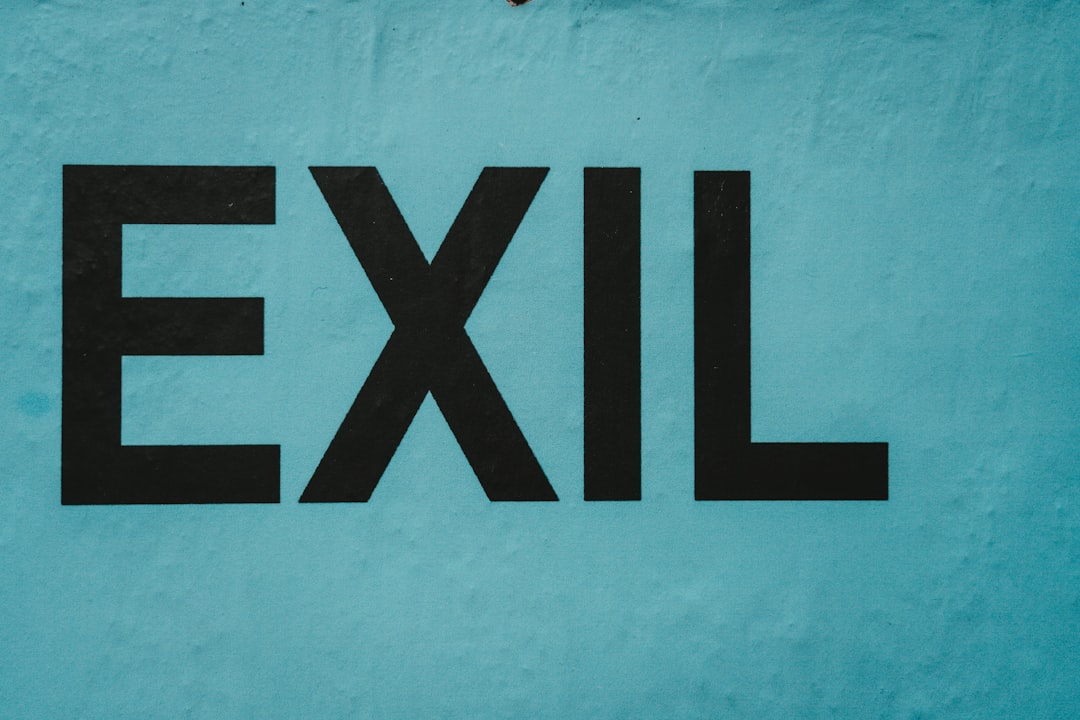[Disclaimer] This article is reconstructed based on information from external sources. Please verify the original source before referring to this content.
Neeews Summary
The following content was published online. A translated summary is presented below. See the source for details.
The lack of press freedom in Burundi has had a significant impact on the country’s democratic development and the ability of its citizens to access reliable and independent information. The government has been accused of cracking down on independent media, leading to widespread self-censorship and the exile of many journalists.
As a result, many journalists have opted to self-censor their work, avoiding topics that could be perceived as critical of the government. Others have chosen to flee the country, seeking refuge in neighboring countries or further abroad. This has had a detrimental impact on the flow of information and the public’s ability to access reliable and independent news sources.
The situation has been further exacerbated by the COVID-19 pandemic, which has placed additional pressures on the media industry and made it even more difficult for journalists to operate freely. The government’s response to the pandemic has also been a source of concern, with allegations of censorship and the suppression of critical reporting.
Overall, the lack of press freedom in Burundi has had a significant impact on the country’s democratic development and the ability of its citizens to engage in informed public discourse. The ongoing challenges faced by journalists in the country highlight the need for greater protection of press freedoms and the promotion of a more open and transparent media environment.
Source: globalvoices
Our Commentary
Background and Context
Burundi has faced longstanding challenges in maintaining press freedom and ensuring the safety of journalists operating within the country. The government has been accused of cracking down on independent media, leading to widespread self-censorship and the exile of many journalists. This has had a detrimental impact on the flow of information and the ability of the public to access reliable and independent news sources.
Expert Analysis
According to media experts, the lack of press freedom in Burundi is a significant obstacle to the country’s democratic development. “The crackdown on independent media and the exile of journalists have created an environment of fear and self-censorship, which is deeply damaging to the free flow of information and the ability of citizens to engage in meaningful public discourse,” said a media freedom advocate. Experts also note that the government’s actions have had a chilling effect on the media industry, with many journalists and media outlets opting to avoid reporting on sensitive topics or criticizing the government’s actions.
Additional Data and Fact Reinforcement
Reports indicate that the COVID-19 pandemic has only added to the challenges faced by the media industry in Burundi, with allegations of censorship and the suppression of critical reporting on the government’s response to the crisis. This has further undermined the public’s trust in the media and their ability to access accurate and timely information on important issues.
Related News
The challenges faced by journalists in Burundi are not unique to the country. Similar issues have been reported in other parts of Africa, with governments cracking down on independent media and restricting press freedoms. For example, in neighboring Tanzania, the government has been accused of using the COVID-19 pandemic as a pretext to further tighten its grip on the media.
Summary
The lack of press freedom in Burundi has had a significant impact on the country’s democratic development and the ability of its citizens to access reliable and independent information. The government’s crackdown on independent media, coupled with the exile of many journalists, has led to widespread self-censorship and a significant gap in the public’s understanding of important issues.
While the challenges faced by journalists in Burundi are not unique, the ongoing restrictions on press freedoms and the safety of media professionals operating in the country remain a significant concern. Moving forward, there is a need for greater international pressure and support to ensure that journalists in Burundi can operate freely and without fear of reprisal, and that the public has access to the information they need to engage in informed public discourse and hold their leaders accountable.


